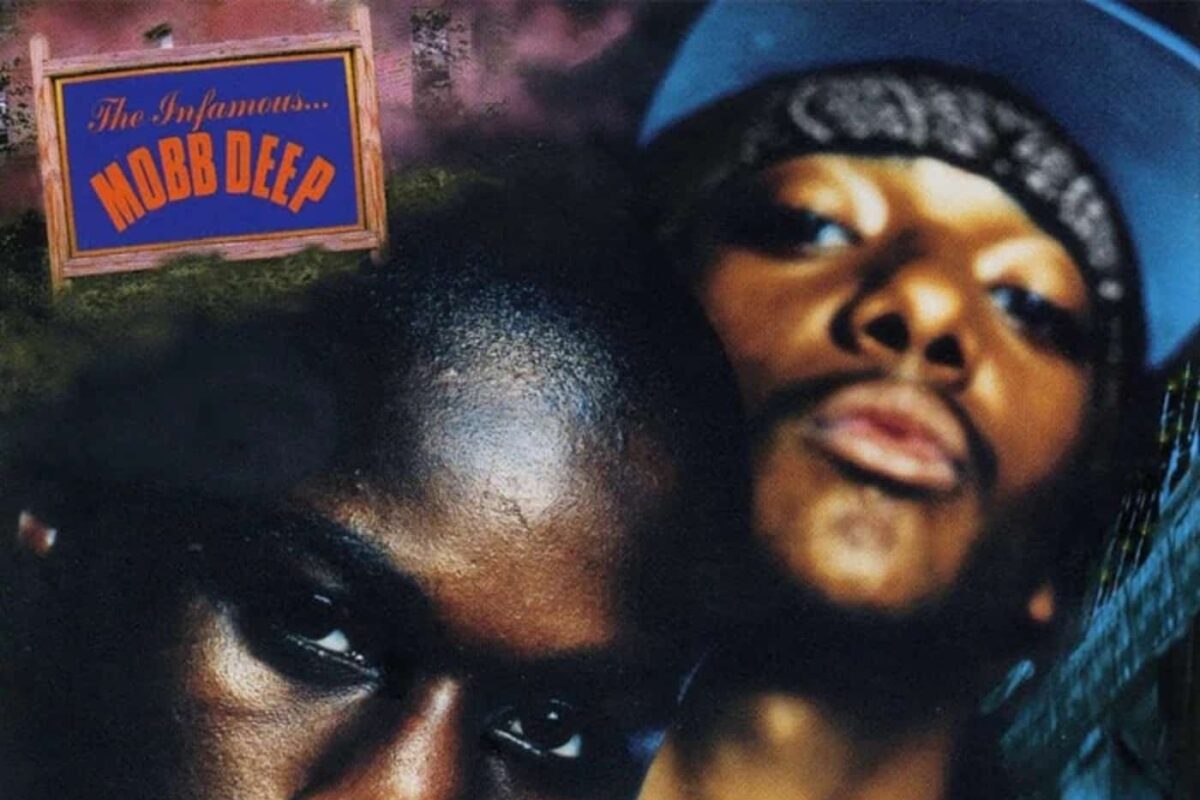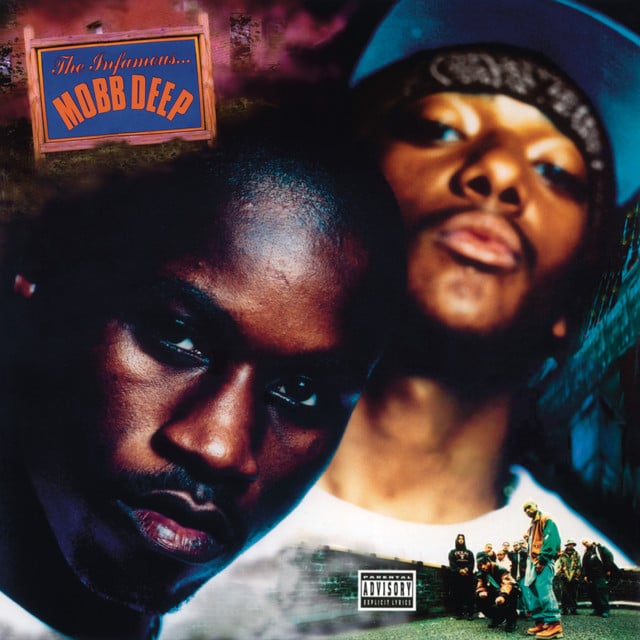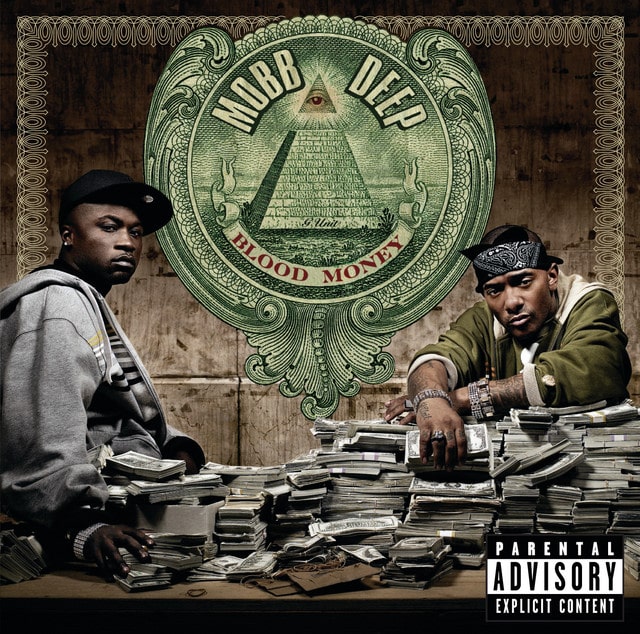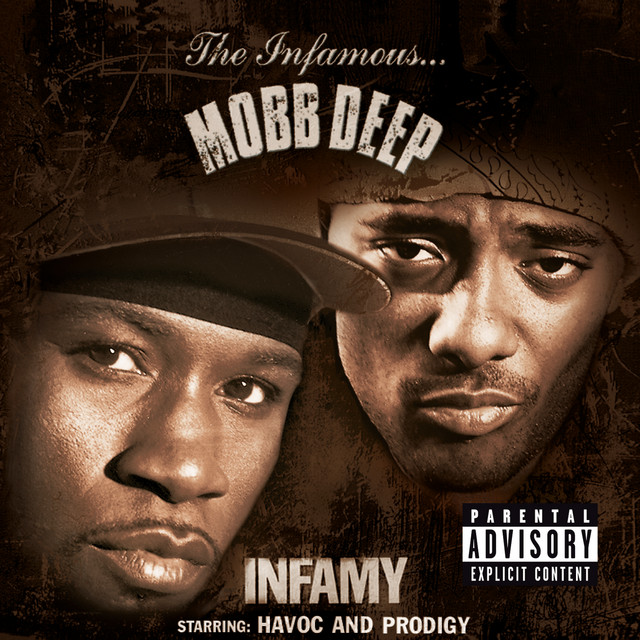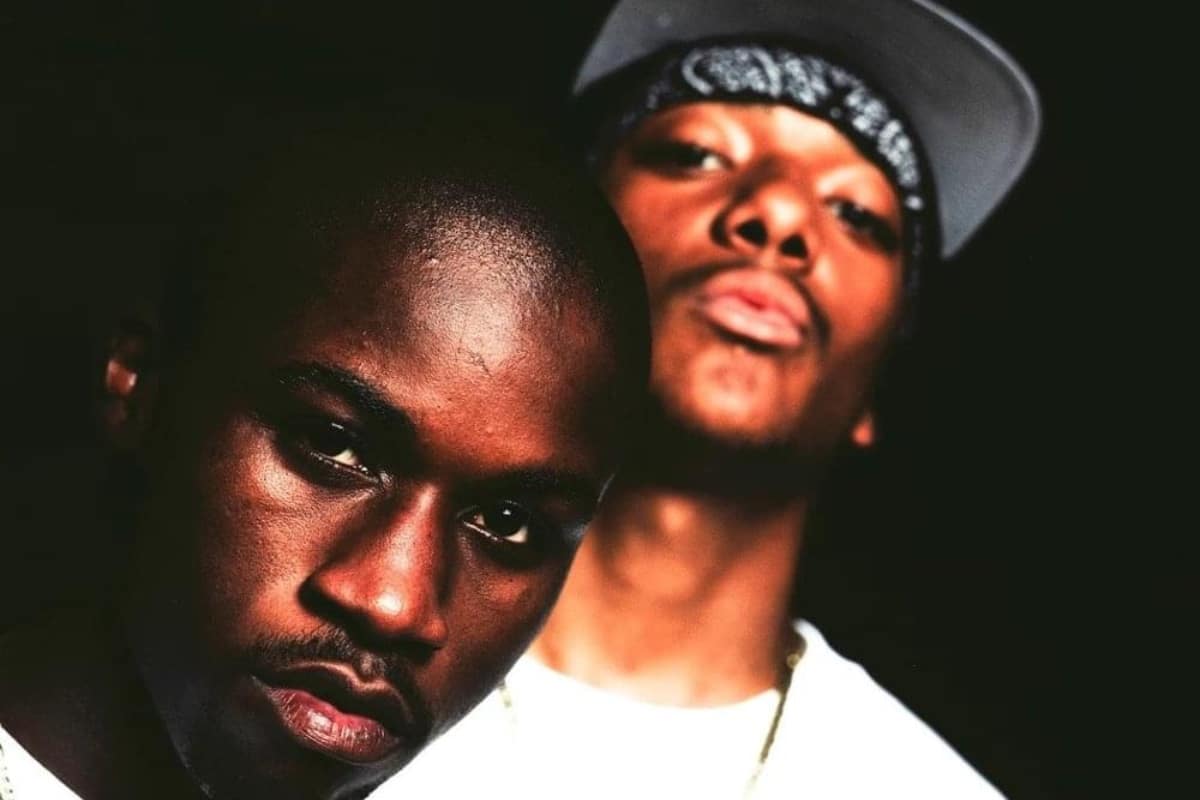Released: 1995 • Features: Ghostface Killah, Raekwon, Big Noyd
Yo, we’re about to dive deep into “Right Back at You” by Ghostface Killah, Raekwon, Big Noyd, and Mobb Deep. This track stands as an iconic piece of 90s East Coast hip-hop, drenched in gritty street tales and filled with the raw authenticity that defines the era. The verses, laced with hard-hitting metaphors and coded street lingo, portray the relentless cycle of violence and survival in the concrete jungle of the hood.
The song opens with a hook that sets the tone for the narrative – it’s all about survival and retaliation. “I put the glock on you kid, now I got you/ You got the heart to get busy without your crew,” echoes the sentiment that every man stands alone in this urban battlefield. The artists are ready for any confrontation, affirming their readiness to respond to any threat with equal or greater force.
Mobb Deep’s Prodigy, in the opening verse, paints a vivid picture of the ‘blocks of hate’ and the perilous life on the streets, where one wrong move could lead to meeting ‘fate’. His verse is a graphic depiction of violence and paranoia, where trusting strangers could lead to your downfall. With lines like, “Never share your plans with a stranger, word is born”, he’s dropping streetwise wisdom, warning against loose lips in a landscape where information can be lethal.
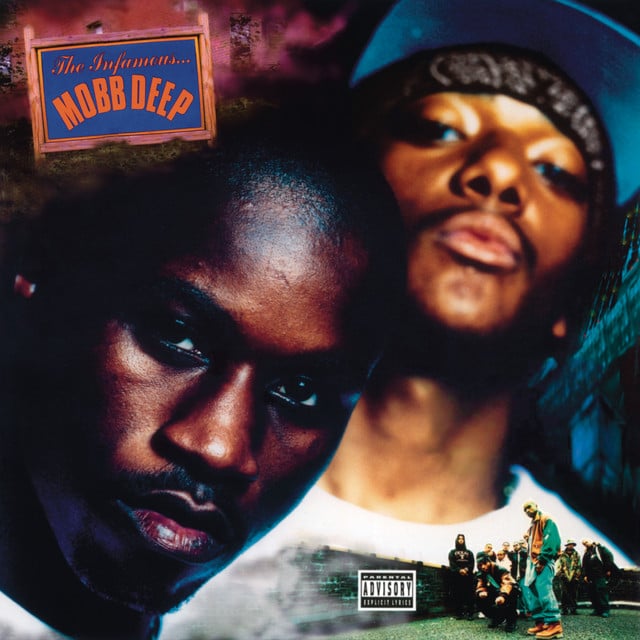
The first hook repeat, “I put the glock on you kid, now I got you/ You bucking me, I’m bucking right back at you” reaffirms the unrelenting cycle of violence, retaliation, and survival. It’s a mantra of grit, audacity, and the will to fight back – no matter the odds.
The late, great Havoc takes the second verse. It’s a declaration of ‘hood loyalty and a warning to those who show fake toughness. He compares the impersonal, volatile world of the streets with his home turf, Queensbridge, a place that’s not just where he’s “at”, but an integral part of who he is. Havoc takes pride in his roots, but he’s under no illusions: he knows the dangers and the deadly reprisals awaiting those who step out of line.
Ghostface Killah’s verses immerse us further into the underbelly of the streets, giving us a look at the life of the hustlers and their intoxicating yet dangerous desire for wealth. His lyrics depict the raw realities of the streets, where something as routine as mail can be a weapon, and “money out there” translates to a high-risk game with big rewards and ever-present dangers.
Big Noyd appears next, fleshing out the picture of the drug-ridden streets with his narrative about a youngster caught up in the street game. He presents a damning portrayal of the deceptive allure of the fast life that can blind the youth to the lurking dangers.
The chorus repeats again, reinforcing the cycle of violence and retaliation. It’s not just a catchy hook, but serves as a stark reminder of the endless game of street survival. It’s a game where even the most desperate attempts at maintaining control can trigger more violence, turning every street corner into a potential battlefield.
The closing verse, where Ghostface shows his lyrical prowess, combines tragedy and sarcasm to depict the great paradox of thug life: despite the risks, violence, and tragic ends, the allure of the streets remains—and for some, it’s the only life they know.
As we close out, “Right Back at You” stands as a verse-to-verse narration of life from the corners of the ‘hood, filled with bravado, challenges, and brutal honesty. It’s a stark reminder of the harsh realities many face on the streets— a world where survival is the daily hustle, and retaliation is the unwritten rule of the game. The song leaves an indelible impression of the endless struggle within the concrete jungle, hinged on coded street lingo and shaped as much by territorial loyalties as it is by evading danger. It’s definitive East Coast hip-hop, with its raw authenticity and unapologetic grit.
